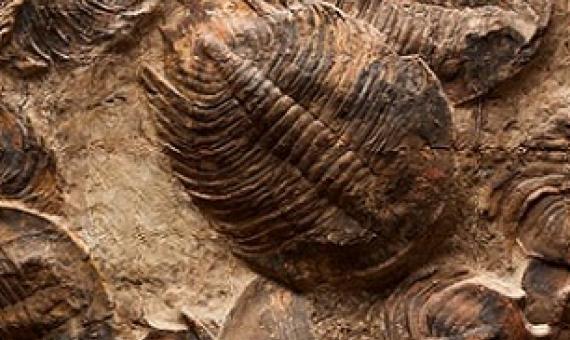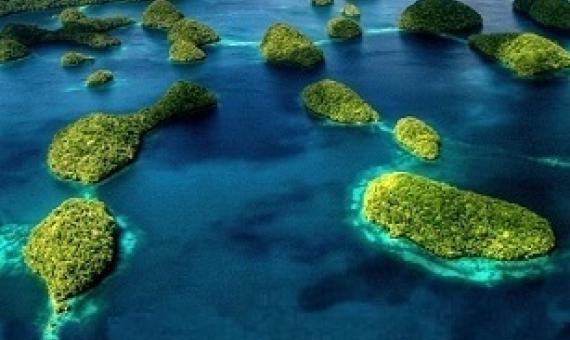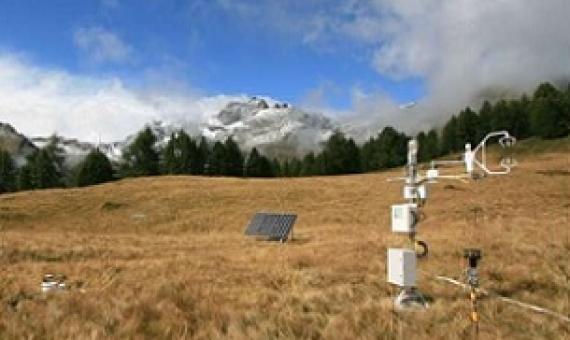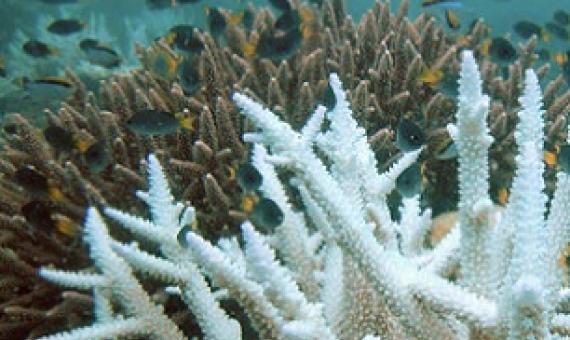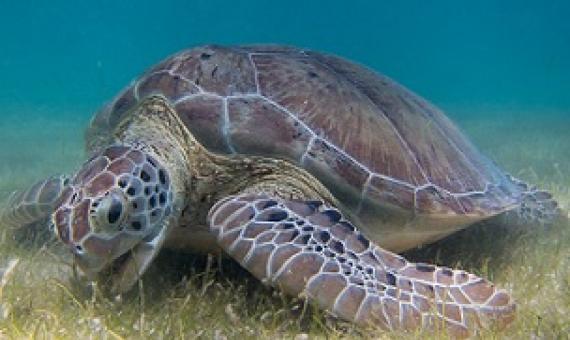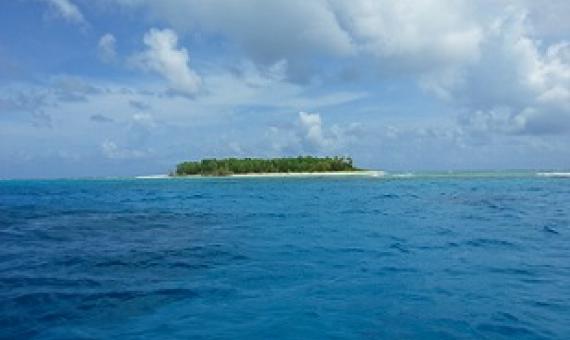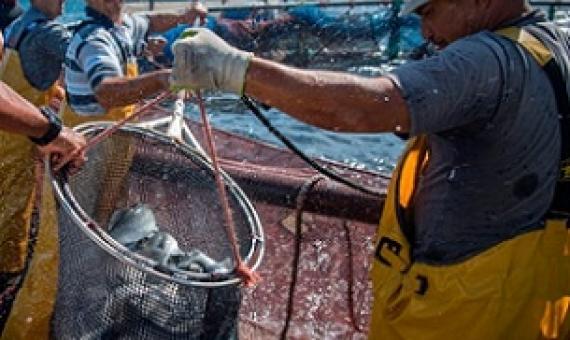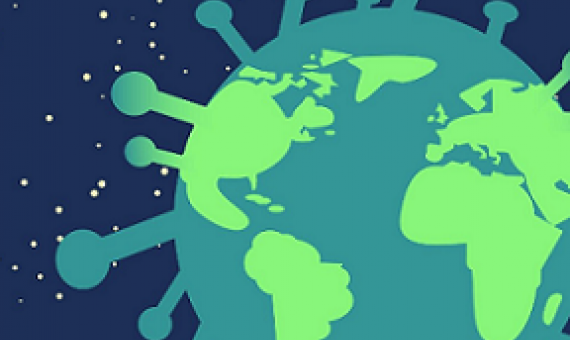It is now common to refer to the current biodiversity crisis as the sixth mass extinction. But is this true? Are we in the middle of an event on the same scale as the five ancient mass extinctions Earth has experienced? Humans are indeed driving animals and plants to extinction.
Tropical islands of the Anthropocene: Deep histories of anthropogenic terrestrial–marine entanglement in the Pacific and Caribbean
Islands are useful model systems for examining human–environmental interactions. While many anthropogenic effects visible in the archaeological and paleoecological records are terrestrial in nature (e.g., clearance of tropical forests for agriculture and settlement; introduction of nonnative flora and fauna), native peoples also relied heavily on marine environments for their subsistence and livelihood.
Published in the Proceedings of the National Academy of Sciences and coauthored by University of Oregon...the study integrates data from archaeology, history and paleoecology to gain new insight into human-environmental interactions in the deep past.
Ecosystems on Earth's land surface support multiple functions and services that are critical for society...Climate and environmental changes, as well as anthropogenic impacts, are continuously threatening the provision of these functions.
A new study estimates that global coral cover is half what it was in the 1950s, with much of that loss linked to human-driven climate change. The shrinking of coral cover has translated into a 60% loss in reef biodiversity.
Humanity is quickly crossing critical planetary boundaries that threaten sea turtle populations, their ecosystems and, ultimately, the “safe operating space” for human existence.
When humans arrive on an island they have an immediate and dramatic impact on the ecosystem, according to a new international study which included scientists from The Australian National University (ANU).
Islands are among the last regions on Earth settled and transformed by human activities, and they provide replicated model systems for analysis of how people affect ecological functions.
Prompted by the urgency of the situation, 111 aquatic-science societies — representing more than 80,000 scientists from 7 continents — have issued a statement on how anthropogenic climate change is affecting marine and freshwater ecosystems, with a plea to avoid their further degradation and to s
There is increasing awareness that the COVID-19 pandemic is the consequence of environmental and societal crises.

